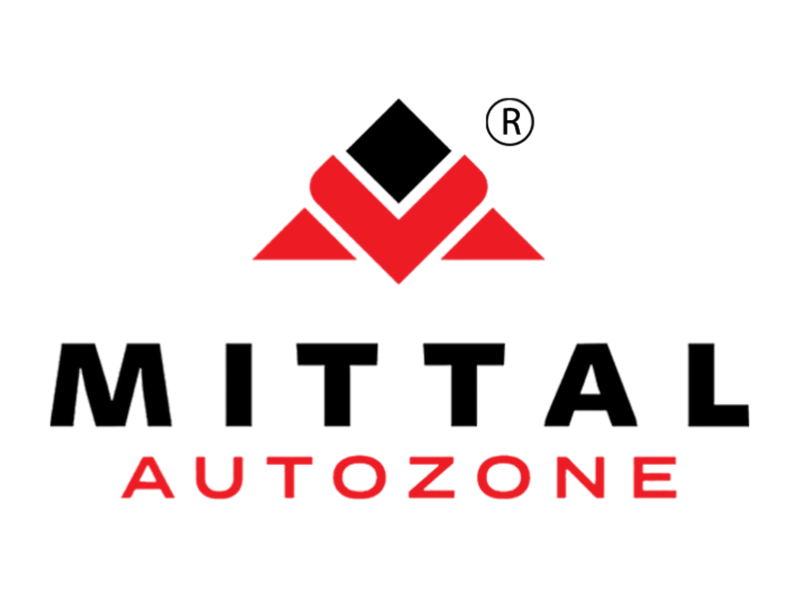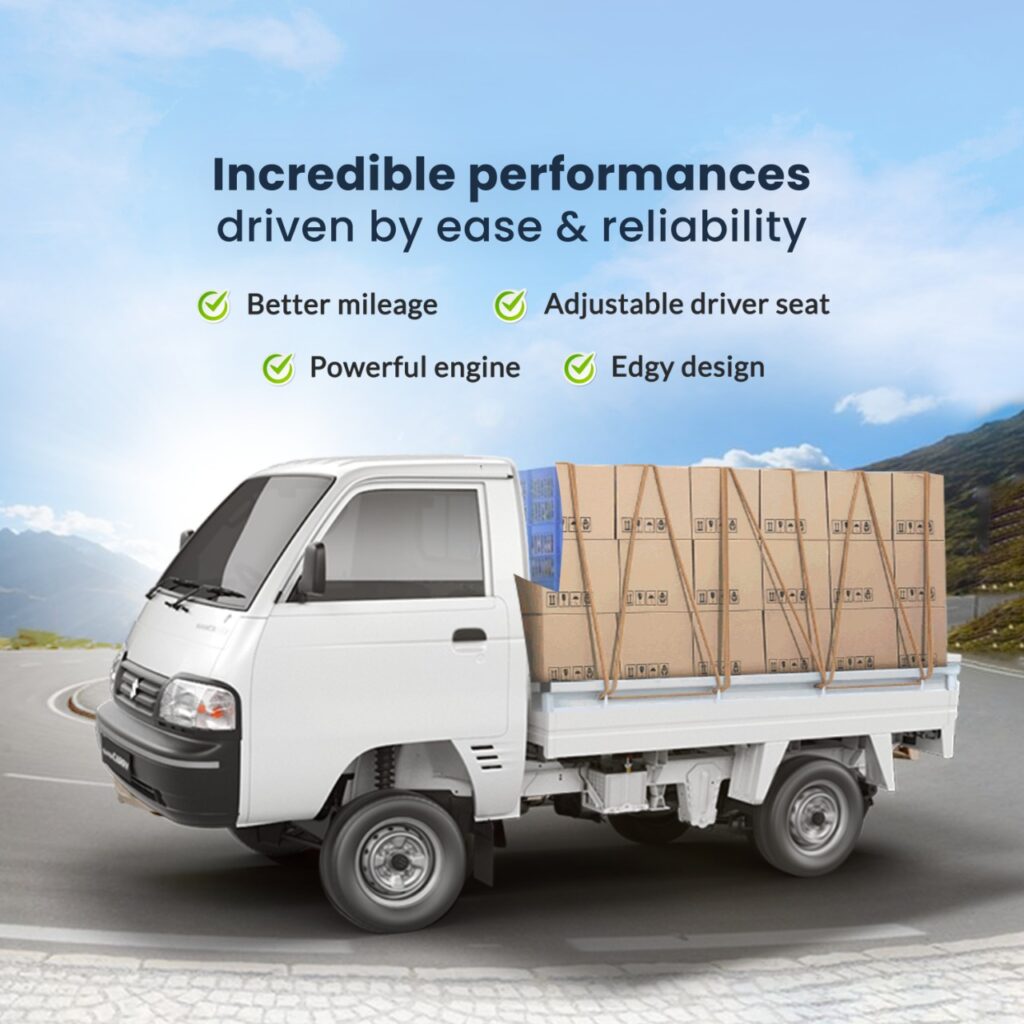Introduction
The technical marvels found in automobile engines highlight the advancements made in this field. To keep up with strict pollution and testing standards, modern car engines are equipped with a variety of cutting-edge technologies. Essentially, internal combustion engines can be broadly divided into two categories: petrol and diesel engines. Nevertheless, other fuels like LPG, GNG, and flex-fuel are also becoming more and more popular.
While on the outside, petrol and diesel engines seem to have a lot in common, there are a number of characteristics that set them apart. Continue reading to know more about it.
What is a Petrol Engine?
Petrol engines, as the name implies, need petrol to complete the combustion cycle. It is based on the Otto cycle, which derives its name from the German engineer Nicolaus Otto, who created the first functional prototype of a petrol engine. Before going into the cylinder, the air-fuel combination of a petrol engine is ignited by spark plugs, and the petrol is combined with compressed air. However, modern petrol engines have direct fuel injection, which is more typical of turbocharged petrol engines.
What is a Diesel Engine?
The diesel engine, named after Rudolf Diesel, is a type of internal combustion engine where the fuel is ignited by the hot air produced by mechanical compression of the cylinder. This type of engine is known as a compression-ignition engine (CI engine). Compared to engines that ignite the air-fuel mixture using spark plugs, like petrol or gas engines, this is called spark plug-ignition technology (using a gaseous fuel like natural gas or liquefied petroleum gas).
Differences between petrol engine and diesel engine
| Petrol Engine | Diesel Engine |
| It works on the Otto cycle | It uses the Diesel cycle to operate |
| Air and the fuel are mixed in a carburettor | The fuel and air are combined inside the cylinder |
| Low compression ratio | Relatively high compression ratio |
| An electric spark ignites the fuel | Ignition is achieved with the help of the hot, compressed air |
| It runs on very volatile fuels | It uses low-volatility fuels |
| It is used in light vehicles like cars and motorcycles | Typically used in heavy vehicles like trucks and buses |
| High fuel consumption | Relatively low fuel consumption |
| The power output of a petrol engine is minimal | The power production is relatively high |
| Low initial and maintenance cost | Comparatively, high initial and maintenance cost |
Conclusion
Sometimes, it might be difficult to decide between a petrol or diesel engine. Hence, knowing about the features and differences is important if you’re planning to buy a new vehicle. Generally, a diesel vehicle is always the more economical choice if you drive a lot. On the other hand, a vehicle with petrol engine is a better choice when you don’t travel far or are concerned about the environment.
About Us
At Mittal AutoZone, we thrive on delivering world-class facilities and state-of-the-art services for Maruti Suzuki Cars. Besides, we provide pickup and drop services at your doorsteps for your convenience, making us the best Maruti Suzuki Dealership in Guwahati by our esteemed customers.



